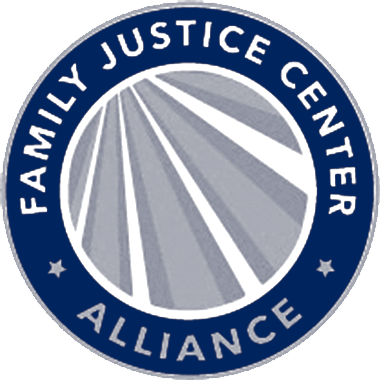By Jaden Mello and CFJ Staff
On June 28th, the Supreme Court in Grants Pass v. Johnson, upheld a municipal ordinance in Grants Pass, Oregon restricting encampments on public property and parking overnight in parks. The ordinance provides that one violation can trigger a fine, a second violation can lead to an individual being banned from camping in the park, and that any subsequent violations can result in imprisonment for up to 30 days.
Decision Raises Concerns For Those Impacted by Domestic Violence
While there are no similar ordinances in effect in Connecticut at this time, the Grants Pass decision has raised concerns for victims and survivors of domestic violence nationwide. As stated by Cities Alliance, intimate partner violence is the leading cause of homelessness in women with 50 to 60 percent of women experiencing homelessness citing fleeing domestic violence as the immediate cause. According to the American Bar Association, 38 percent of all domestic violence victims become homeless at some point in their lives.
Prior to the Grants Pass decision, such ordinances had been struck down by lower courts on the ground that they violated the Eighth Amendment’s cruel and unusual punishment clause by punishing the homeless population for not having a home. These courts emphasized the unreasonableness of communities with insufficient shelter capacity punishing the unhoused population.
The Grants Pass Court disagreed, ruling that such ordinances did not in fact violate the Eighth Amendment as they were not designed to “superad[d] terror, pain, or disgrace.” Justice Gorsuch, writing for the 6-3 majority, noted that homeless encampments pose threats to society by facilitating drugs, sex work, and diseases and that many impacted by homelessness are offered support services but do not seek or accept them.
Justice Sotomayor: Criminalization is Not The Solution to Homelessness
Justice Sotomayor in dissent posited that criminalization is not the solution to homelessness. With respect to the ordinances at issue she observed, “[It is an] Impossible choice: Either stay awake or be arrested.” She pointed to the problems that arise from the subject ordinances, including fueling a revolving door between the homeless population and the justice system, causing it to be even more backed up than it already is. She also noted that arrests and warrants from such unpaid fines can decrease employment, benefits, and housing options for the homeless, digging them into an even deeper hole.
In Connecticut, according to Open Doors CT, there were over 3,000 people homeless on a given night in 2023. The affordable housing crisis further intensifies this issue leaving people with no affordable option for shelter while many free shelter options are over capacity.
In Connecticut, according to National Low Income Housing Coalition:
There is a shortage of rental homes affordable and available to extremely low-income households (ELI), whose incomes are at or below the poverty guideline or 30% of their area median income (AMI). Many of these households are severely cost burdened, spending more than half of their income on housing. Severely cost burdened poor households are more likely than other renters to sacrifice other necessities like healthy food and healthcare to pay the rent, and to experience unstable housing situations like evictions.
According to the U.S. Department of Housing and Urban Development, more than half a million Americans lack a fixed and regular residence with only 60 percent of those able to secure shelter beds.
A link to the full decision is here: https://www.supremecourt.gov/opinions/23pdf/23-175_19m2.pdf
Sources:
https://www.citiesalliance.org/newsroom/news/spotlight/housing-means-fight-violence-against-women
https://nlihc.org/housing-needs-by-state/connecticut
https://opendoorsct.org/the-realities-of-homelessness
https://www.huduser.gov/portal/sites/default/files/pdf/2023-ahar-part-1.Pdf
Jaden Mello is a student intern with CFJ’s Civil Legal Center.







